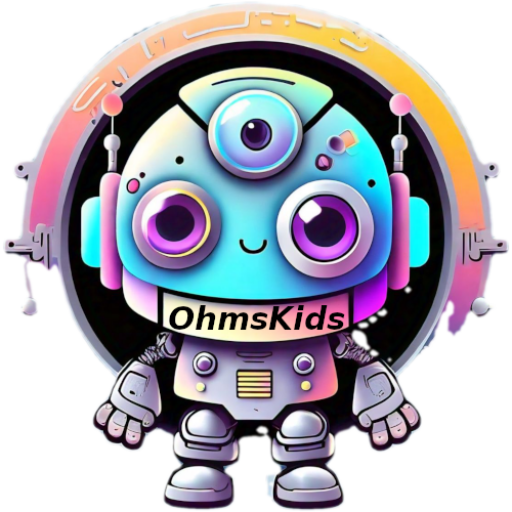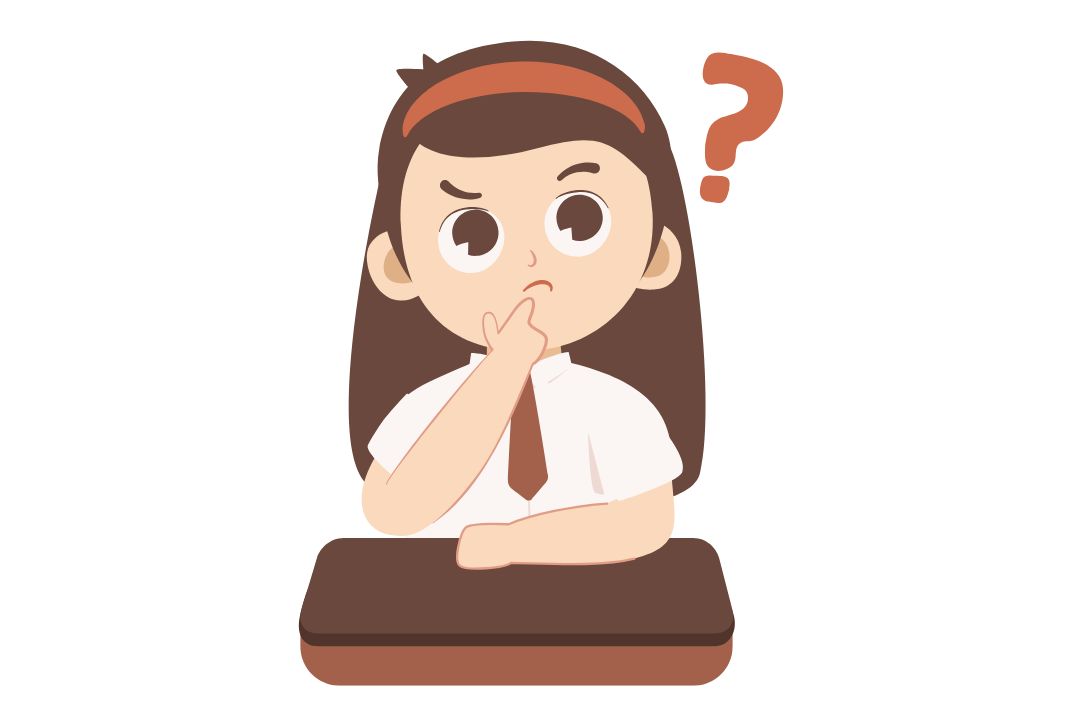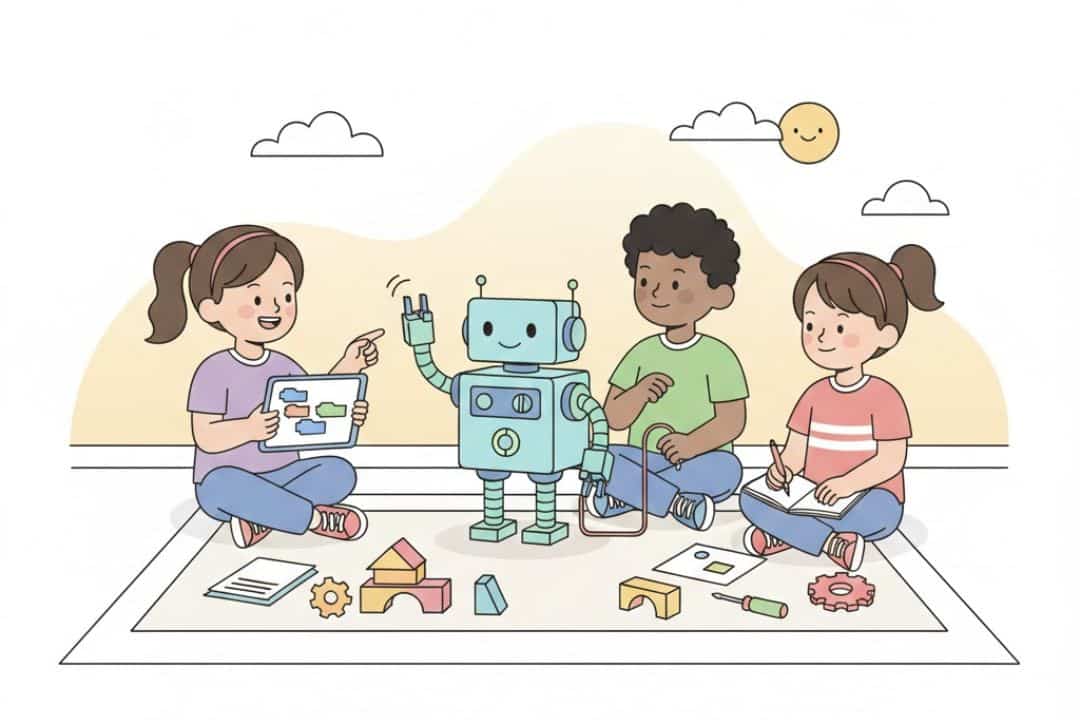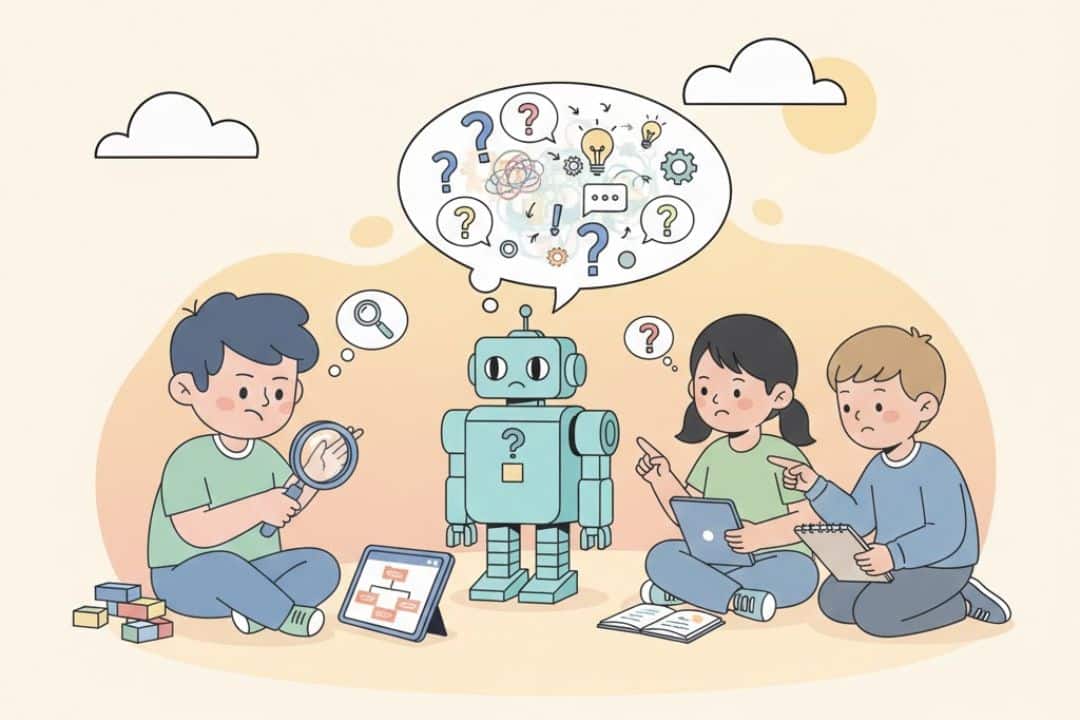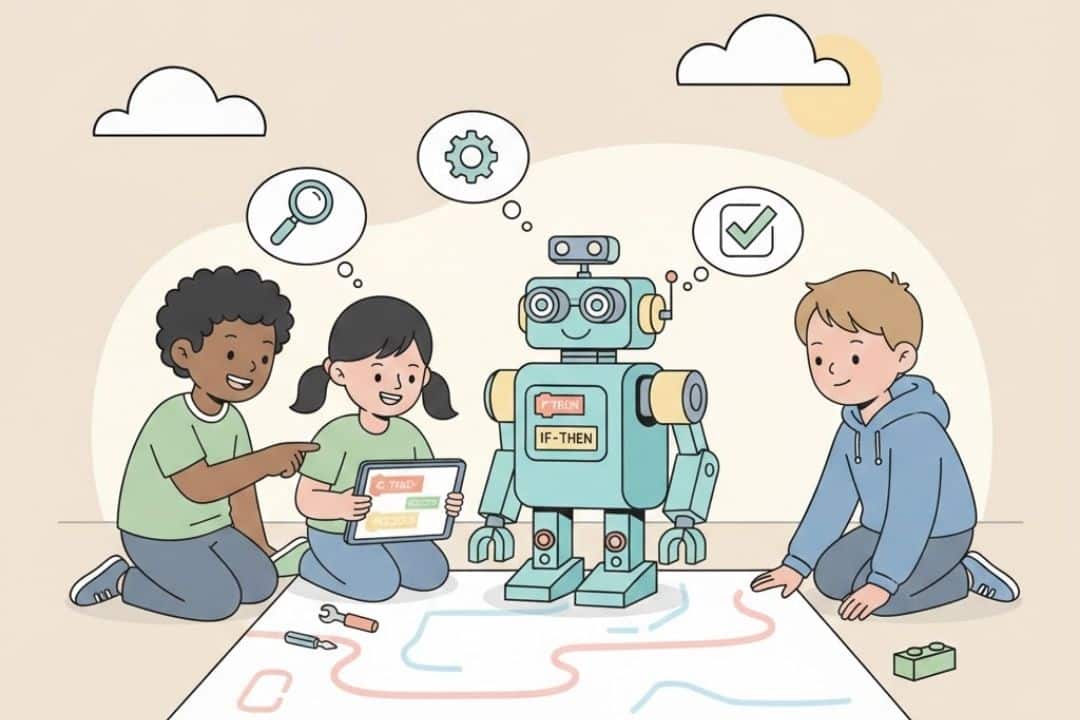Play is more than just fun—it’s a powerful tool for learning. For children in their early years, play is one of the most effective ways to develop essential life skills, especially critical thinking. At OhmsKids, we believe that early exposure to play-based learning lays the foundation for strong thinkers who are curious, creative, and capable of solving problems independently.
Why Critical Thinking Matters in Early Childhood
Critical thinking is the ability to analyze, reason, and make decisions. For early thinkers—children aged 4 to 6—developing these skills early helps build a strong foundation for future academic and personal success. It encourages them to ask questions, explore solutions, and understand cause and effect.
When introduced through play, critical thinking becomes second nature. Children begin to evaluate outcomes, try new ideas, and learn from mistakes in a safe and supportive environment.
How Play Promotes Critical Thinking
- Open-Ended Activities Games with no single “right” answer—like building with blocks, role-playing, or storytelling—encourage young thinkers to explore different outcomes and use logic to make choices.
- Problem-Solving Games Simple puzzles, matching games, and memory cards help kids identify patterns, make predictions, and improve decision-making skills.
- Group Play Working with peers in collaborative play develops communication and reasoning. Kids learn to listen, share ideas, and compromise—key parts of critical thinking.
- Hands-On Exploration Activities like coding with Scratch Junior or building LEGO structures combine play with logical thinking. Kids learn through trial and error, developing resilience and adaptability.
The OhmsKids Approach
At OhmsKids Coding, we integrate play-based learning into every lesson. Our Early Thinkers program is designed to foster critical thinking through interactive games, storytelling, and coding challenges that feel like play—but teach so much more.
Our goal is to make learning engaging and effective by letting children explore at their own pace while developing the skills they need to succeed in school and beyond.
Conclusion
Play is the natural language of children—and when paired with intentional learning, it becomes a powerful tool to build critical thinking in early thinkers. Through guided play, children learn to think deeper, solve problems, and become confident learners.
💡 Looking for a program that builds both fun and foundational skills? Explore OhmsKids’ Early Thinkers classes today and give your child the gift of critical thinking through play!
